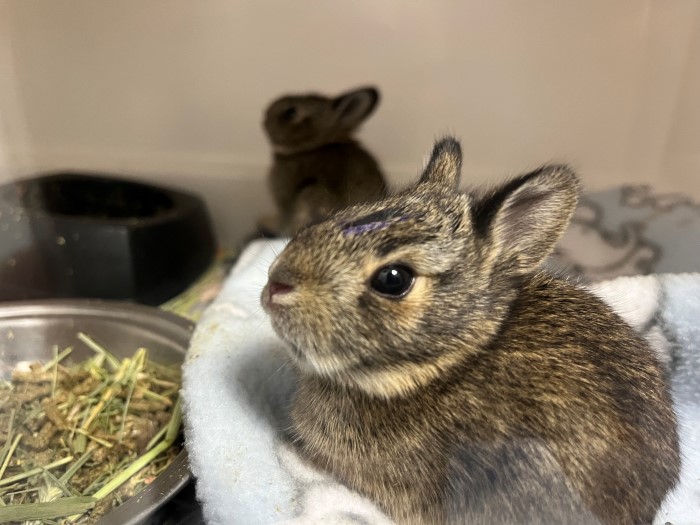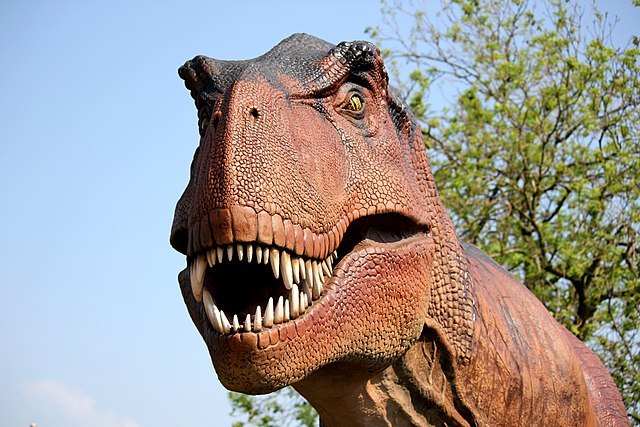
What initially sparked your interest in wildlife medicine?
I’m not sure if I can really pinpoint one thing that sparked my interest. As my parents can attest, I’ve loved animals for as long as I can remember. Anytime our cat brought in an unfortunate bird or rodent, I was adamant that we needed to rescue it and put it back out in the wild. When I was in kindergarten, I was actually bit by a mouse because I was trying to “save” it (not my smartest move). I was also super lucky to have a family that travelled quite a bit, and looking back we always seemed to find wildlife along the way, whether that be stopping to see the sea lions at Pier 39 in San Francisco or waking up at the crack of dawn and piling into a dingy to see wild dolphins. In undergrad, I got more of a taste for what it is like working directly with wildlife during my internships at the California Wildlife Center and the Animal Rescue Clinic at Mystic Aquarium. I loved everything about my experiences with those organizations, which really reinforced wildlife medicine as a major interest of mine.
What inspired you to apply to be a manager at the Wildlife Medical Clinic?
I have always loved wildlife, and actually applied to the University of Illinois’ veterinary school specifically for the Wildlife Medical Clinic. I loved spending time volunteering in the Clinic during the first half of my first year, but was really hoping for an opportunity to become even more involved. The manager position turned out to be that opportunity. I realized that the managers at the time, Ainsley and Jess, got to work closely with the doctors and be involved in all of the cases in the clinic rather than just a subset, which was very appealing to me. I also knew that I wanted to find opportunities to work with wildlife during academic breaks. Managing the Wildlife Medical Clinic was perfect for this, as the managers are actively involved in all patient care throughout the academic breaks. I also saw the manager position as an opportunity to improve my time management skills and to learn to work calmly in high stress situations.
As a manager, what was your favorite part about working in the Wildlife Medical Clinic?
It’s difficult to pick just one favorite. When I first started, I probably would have said my favorite part is definitely all the opportunities for hands-on experience. At this point, I’d say that while I really love the hands-on opportunities, I also really love teaching everything I have learned in the WMC. It’s a huge confidence boost and I feel like I’m making more of a difference in the Clinic when I’m able to help another clinic member grow in their clinical skills or knowledge rather than just do something myself.
What has been your favorite case you’ve been a manager at the Wildlife Medical Clinic?
Oh, this is a tough one. There have been so many that I’ve enjoyed, it’s really hard to choose! If I have to pick one, a red-tailed hawk from this summer really sticks out to me because I saw this case from intake to release. This red-tailed hawk was found stuck in a truck grill (we actually had a few stuck in grills) and was removed by a local animal rescue organization before being brought to us. It was a little down and out and had a broken femur. Luckily, the hawk perked up with supportive care and was deemed stable enough for surgery soon after intake. I scrubbed into the surgery along with one of our summer interns, Greta Doden, and helped repair the femur fracture with some metal pins and an external acrylic fixator. After around a month, we were able to remove the pins and the hawk’s femur was stable (hooray!). Once medically cleared, we sent the hawk to Illinois Raptor Center for rehabilitation and they let us know once it was flying well enough to release. Greta and I were actually able to release the hawk ourselves. It’s really fulfilling to release a wild animal after playing a role in its rehabilitation, and I think that’s why this case seems to stand out a little extra for me.
What is your career goal after graduation?
You know, that is a real good question. I know for sure that I would like to work in some way, shape, or form with wildlife and zoologic species. I’m interested in the field of zoo and wildlife pathology and its opportunities to contribute to species conservation through research, but I’m not sure that I could give up working in a clinical setting entirely. Another route that I am interested in is becoming a Diplomate of the American College of Zoological Medicine and working in a conservation oriented zoological institution. On another note, one field that I’ve always been particularly interested in is marine mammal medicine, so if I had to pick a “dream job”, it would be working at a marine mammal rehabilitation and research center. I have a diverse set of externships lined up for my clinical year, so hopefully my experiences there will help guide my decision on what I actually want to do after graduation. All I really know right now is that I’m open minded and just want to help save the world’s wildlife!
What is one thing you’d like more people to know about Wildlife Medical Clinic?
I think that sometimes people don’t realize just how involved students are in making clinic decisions within the WMC. Yes, we have some wonderful veterinarians overseeing the clinic so that we don’t go astray, but our students are really the heart and soul of the clinic. I think that’s really unique as far as wildlife clinics go. The clinic is run by an executive board of students, student managers, student team leaders, and student volunteers, so really every aspect of the clinic has student input. While this can sometimes lead to some confusion or minor mistakes (although our fearless leaders Dr. Reich and Dr. Sander help us keep these to a minimum), I think the amount of knowledge and confidence that WMC students gain here is really one of a kind.




